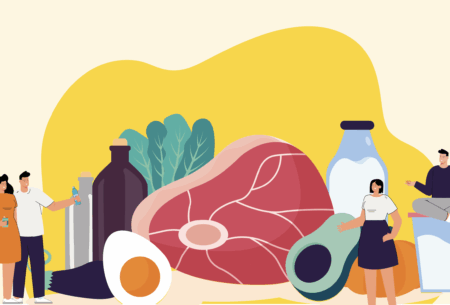Have you ever noticed changes in your skin after one too many alcoholic drinks? Or perhaps after a week of neglecting your 30-plant point goals? Spots, rashes, fine lines, and many other skin concerns have all been linked to how we treat our gut microbiota (GM). This is thanks to the gut:skin axis.
You may already be familiar with the gut’s relationship with the brain, but there’s also a two-way conversation going on between your microbes and your skin. When you think about it, the gut and skin have a lot in common. They’re both key players in defending the rest of our body from pathogenic invaders; they house a community of diverse microbes; and they are also in a constant state of renewal, with parts of their linings shedding roughly every week and month, respectively. Doing all this work for you means that they are both very hungry for good nutrition!
Our skin is an organ that relies on what we feed it to stay alive. One of the earliest observations of this dependency was with scurvy. A doctor in the eighteenth century discovered that citrus fruit (rich in vitamin C) could cure sailors of this disease, one of the first signs of which was skin rashes and bruise-like spots. Since then, scientists have discovered a lot more about this fascinating connection between our gut health and our skin, and found that there are a lot of other skin conditions which can be helped by looking at your diet…









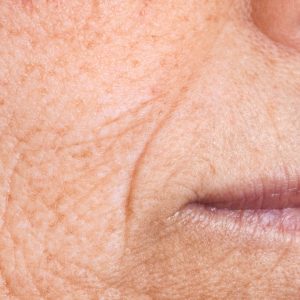 Skin ageing
Skin ageing
 Skin and inflammation
Skin and inflammation Mosquito bites and B.O.
Mosquito bites and B.O.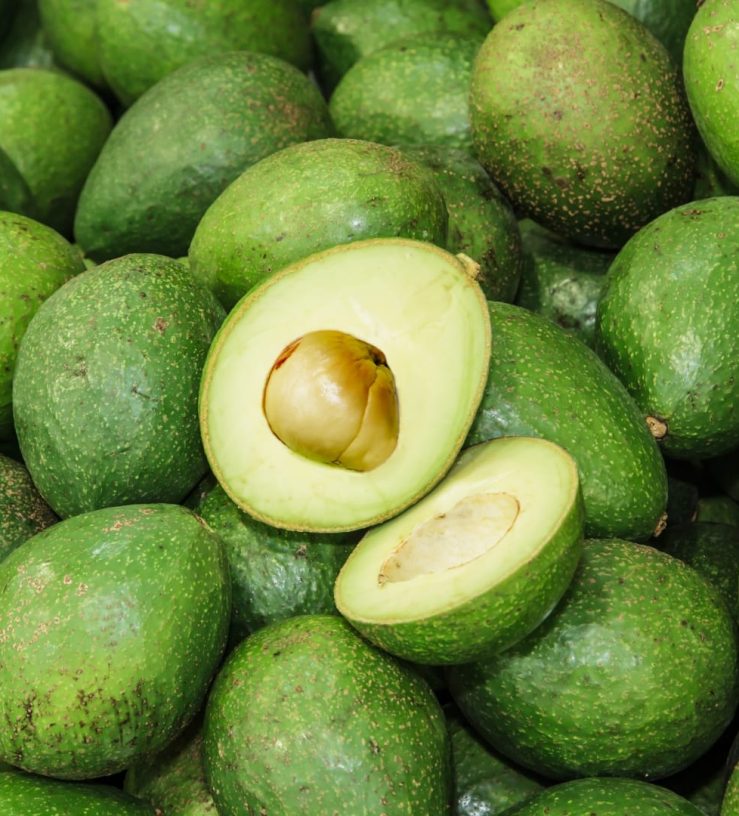
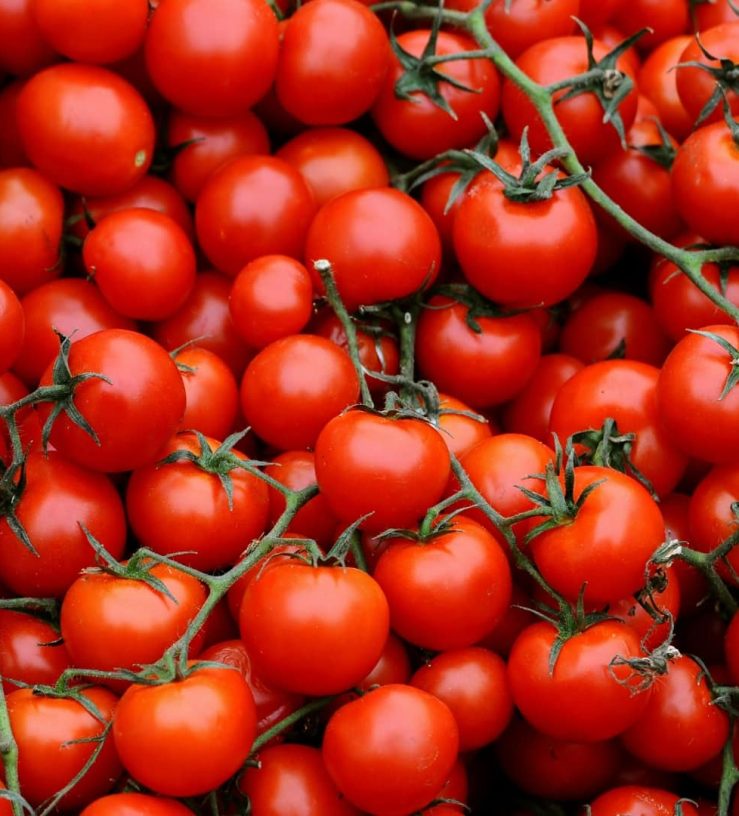
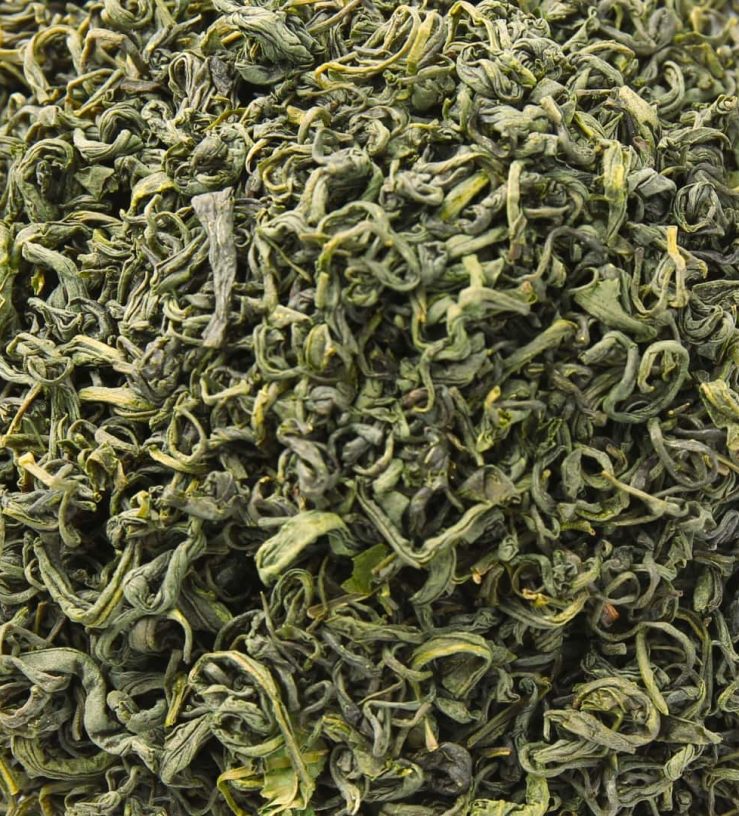
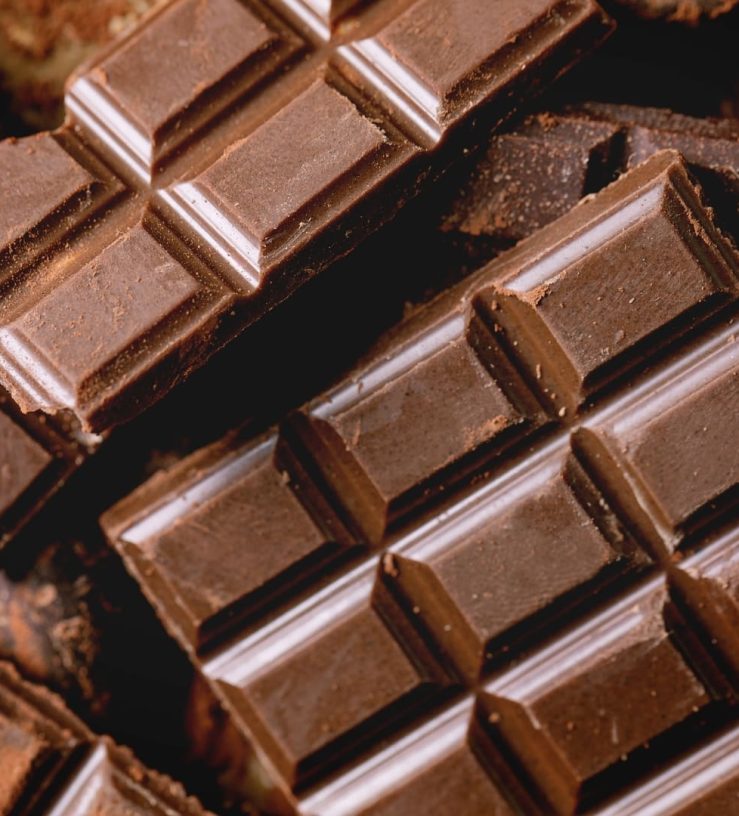
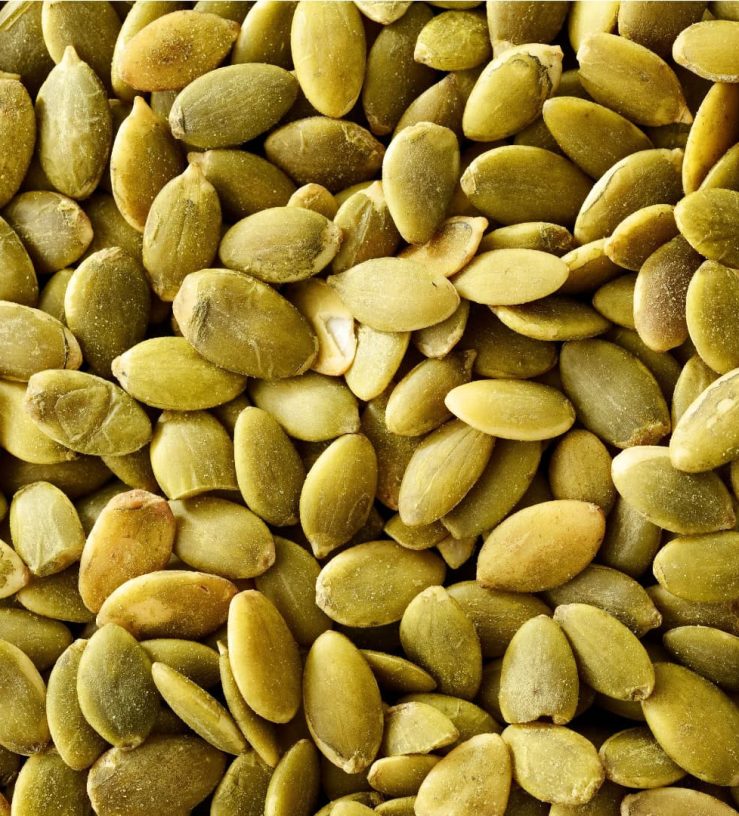
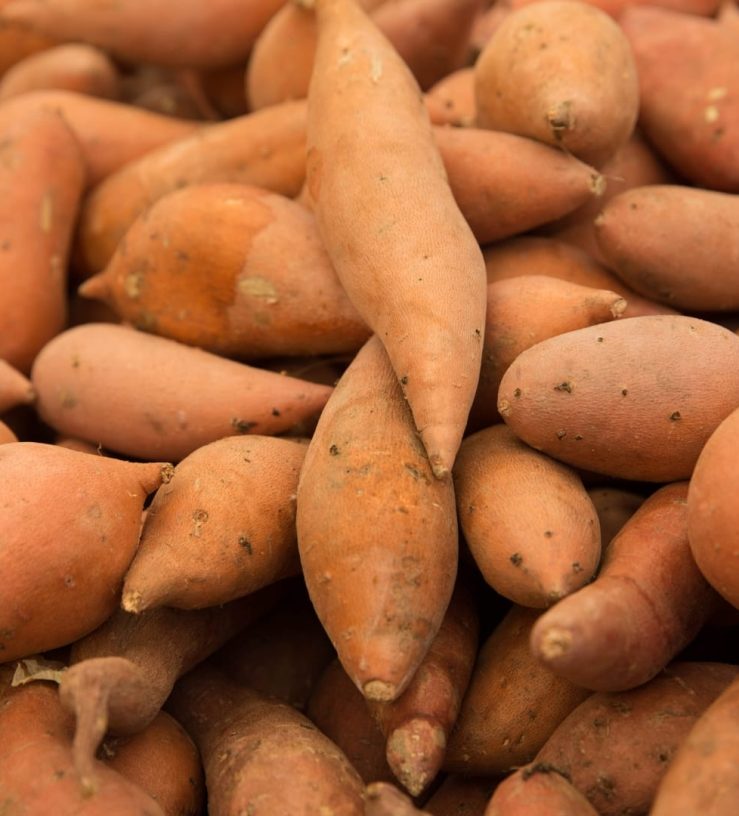
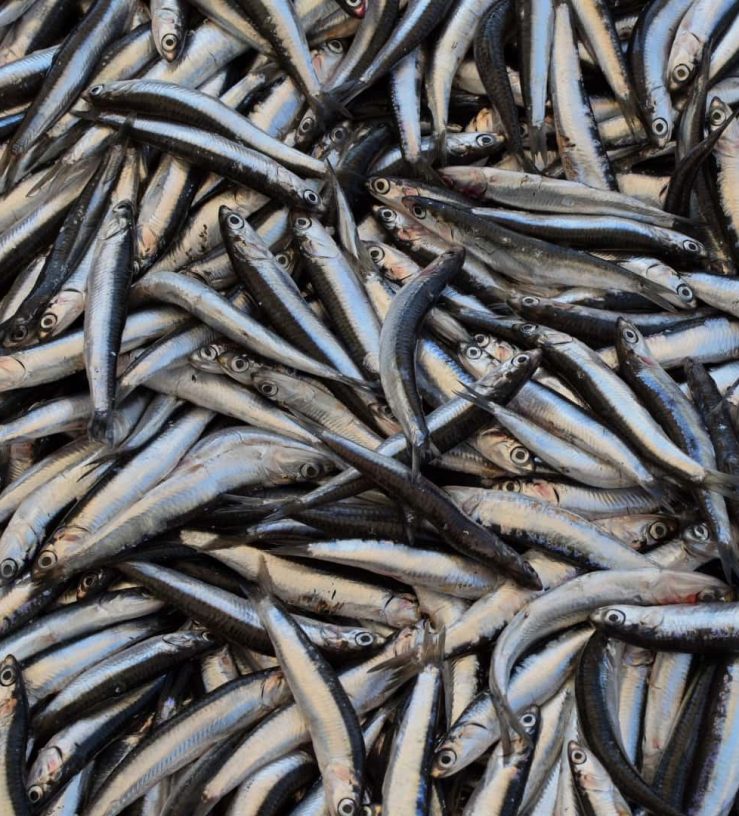
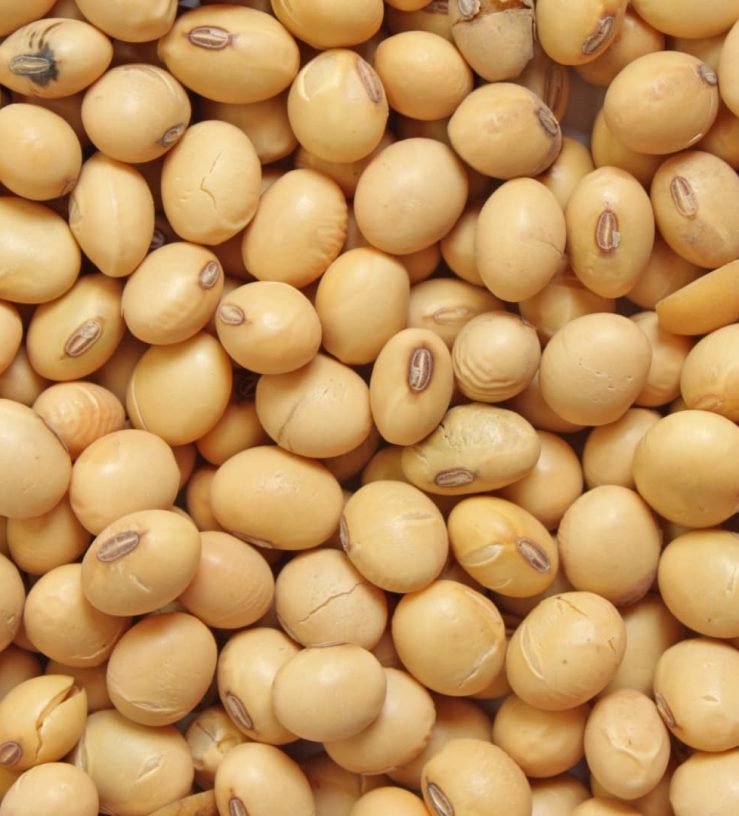
 Takeaway
Takeaway

